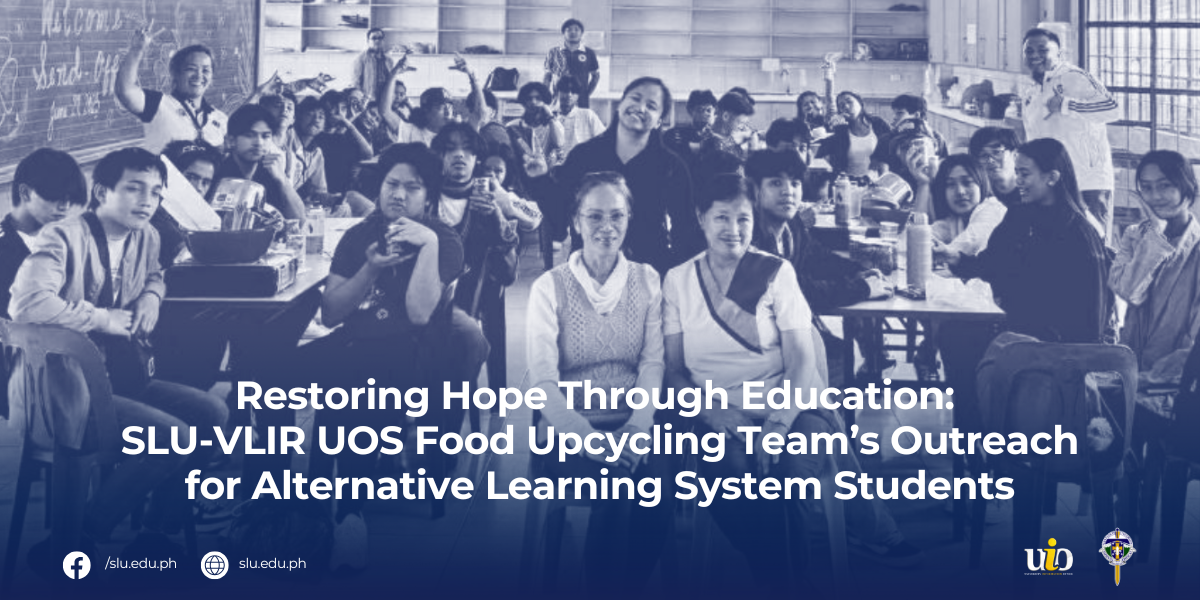The year 2025 was declared by the late Pope Francis as the Jubilee Year of Hope, centered on the theme ‘Pilgrims of Hope,’ inviting the faithful to renew their spirit with hope and embark on a pilgrimage of hope throughout the year.
As the two-year Saint Louis University – Flemish Interuniversity Council – University Development Cooperation (SLU-VLIR UOS) Short Initiative Project addressing SDGs 12 (Sustainable Production and Consumption) and 2 (Ending Hunger & Achieving Food Security) comes to its culmination, Phase 4—its educational outreach program—crystallizes the project’s enduring legacy.
On 5 August 2025, under Baguio’s rejuvenated skies following the devastation of Habagat and strong Typhoon Emong, the SLU-VLIR UOS team brought not just academic enrichment but hope and sunshine to the resilient learners of the Alternative Learning System (ALS) at Bonifacio Elementary School, Cresencia Village, Baguio City.
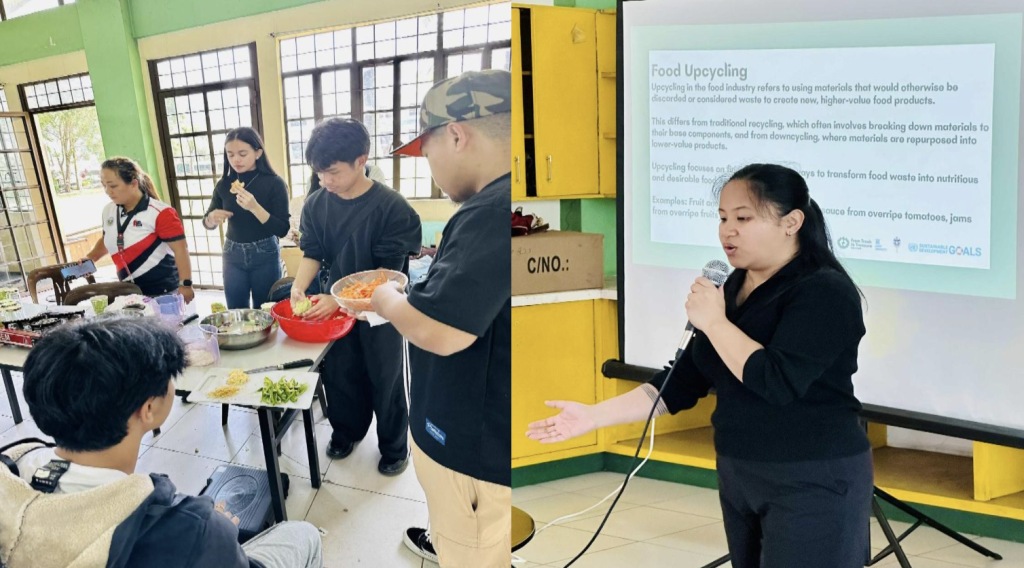
Embodying the very spirit of outreach, the half-day immersion was possible through the open-hearted collaboration of School Head, Madam Juliet R. Mamaril, and dedicated teachers Dave C. Fiangaan, Rhodora P. Cabillan, Michaelle T. Saganib, and Rodolfo M. Parrocha. Two team representatives were accompanied by two incoming BS Pharmacy senior students, May-ann T. Rusiana and Clarizze Jocel B. Saingan. Despite recent setbacks—including discontinuing of Special Education Fund (SEF) support for ALS programs in Academic Year 2024–2025—the atmosphere was optimistic and grateful. The ALS community extended heartfelt thanks to the SLU Food Upcycling Team for an outreach event that did more than impart skills: it rekindled hope in students often described as pursuing their second or even third chances at education.
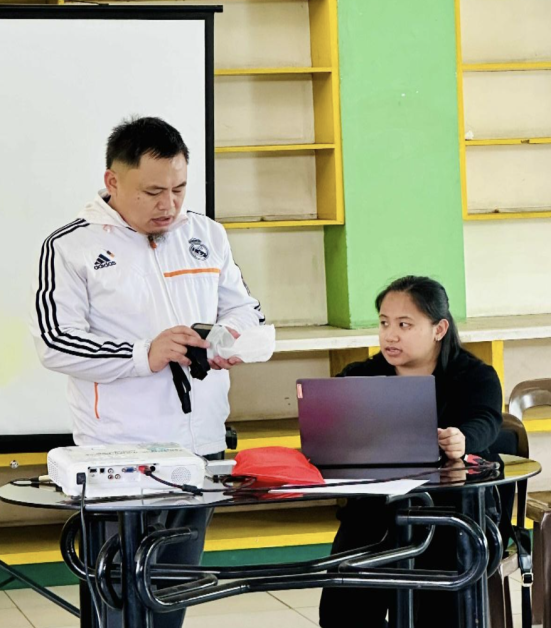
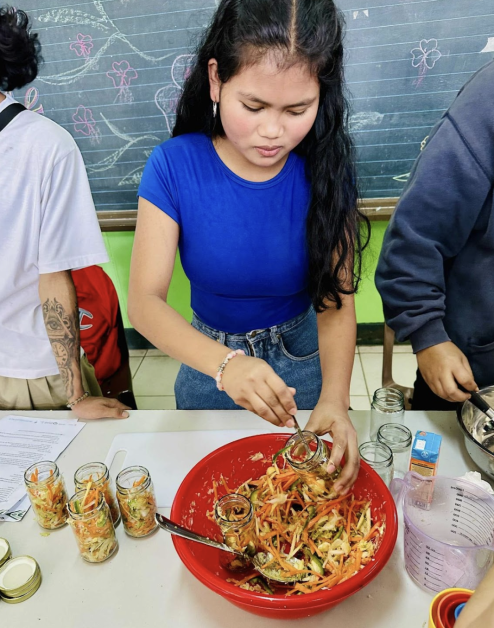
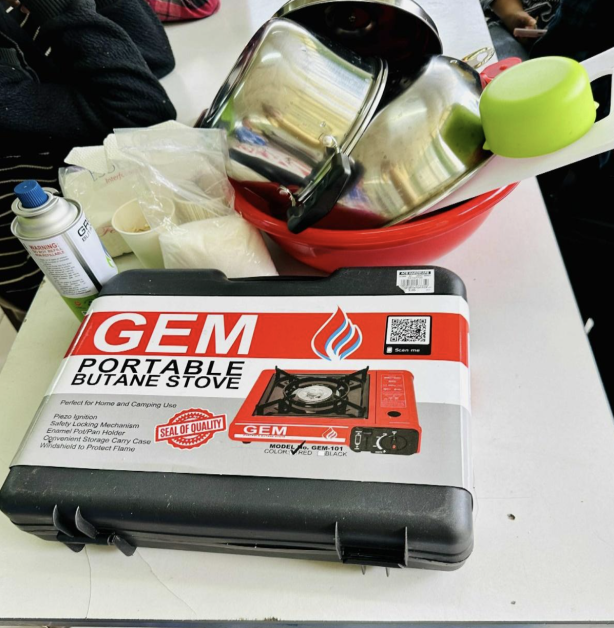
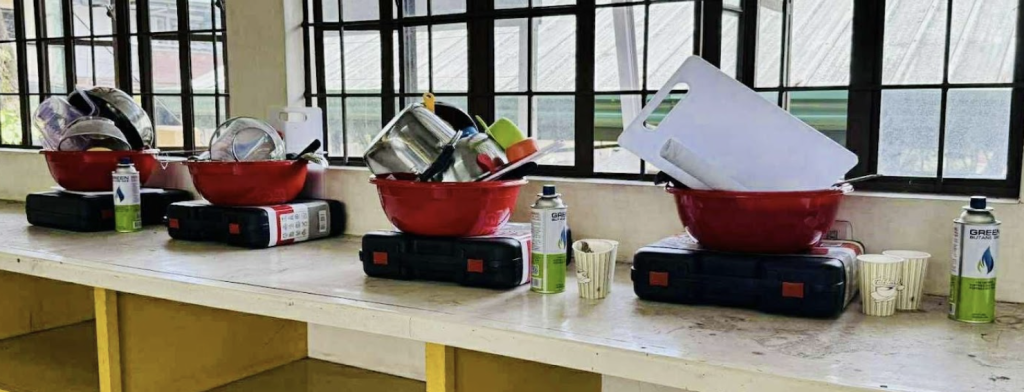
The outreach went beyond a conventional lecture. It featured an engaging, hands-on demonstration of pickling cabbage with bell peppers and carrots, culminating in a spirited team competition. Prizes—both monetary and in kind—were given, and entrepreneurial skills were exercised as students marketed their bottled products, earning not only newfound knowledge but practical fare and allowances for the day. As one participant remarked: “Not only did we gain extra knowledge on food upcycling, but we earned today, too.”
The impact rippled outwards. Teachers requested the program’s expansion to other barangays, underscoring the hunger for meaningful, community-based learning. The event also inspired school staff to inquire about scholarship prospects, hoping to uplift their professional credentials further and, by extension, provide even more relevant and engaging education to their students.
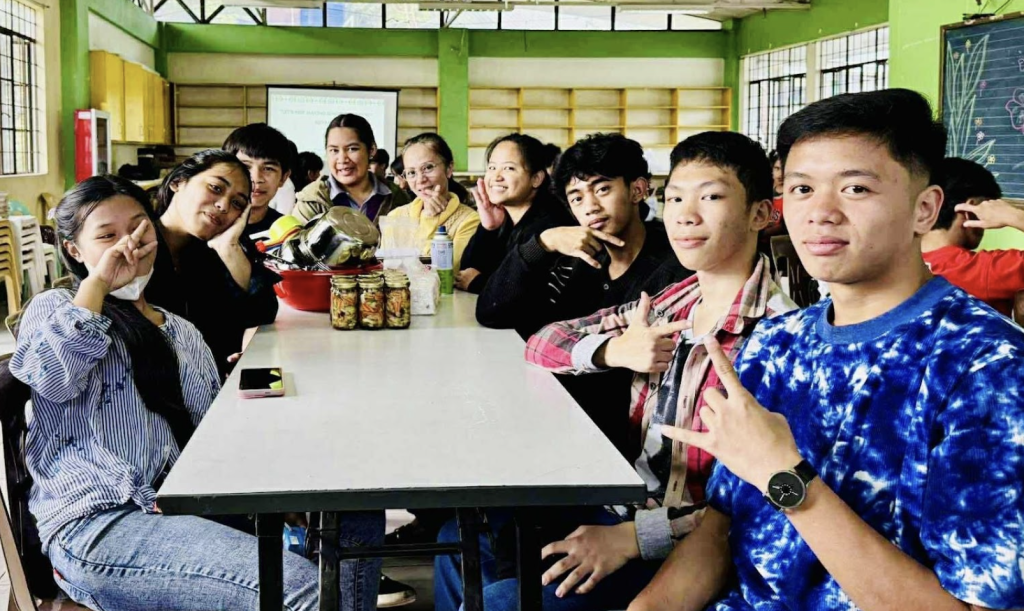

At its core, this educational outreach exemplifies the transformative power of hope, second chances, and community engagement. It lifts the aspirations of youth who, despite past setbacks, find renewed purpose and capability through ALS, affirming that educational outreach is not just about learning skills but about restoring dreams and building resilient futures. The outreach also coincided with the birthday of our University President, Rev. Fr. Gilbert B. Sales, CICM, Ph.D. (Article by Jennet E. Razo and Mary Luz C. Fiangaan | Photos by SLU-VLIR UOS)


Background on ALS
The Philippines’ Alternative Learning System (ALS) is a government-run, parallel path to formal classroom education intended for out-of-school youth and adults who have not accessed or completed traditional basic education. ALS encompasses non-formal and informal learning, offering flexible programs like the Basic Literacy Program and the Accreditation and Equivalency (A&E) Program. These enable learners to attain literacy, basic education, and recognized certification at their own pace, guided by government facilitators and aligned with the K to 12 curricula. ALS was institutionalized through Republic Act No. 11510 in 2020, reinforcing its mandate to deliver accessible, quality education for all, particularly marginalized groups.
References:
- Department of Education (Philippines). (2020). Republic Act No. 11510: An Act institutionalizing the Alternative Learning System (ALS).
- Department of Education (Philippines). (n.d.). Alternative Learning System (ALS). Retrieved from the official DepEd website.

